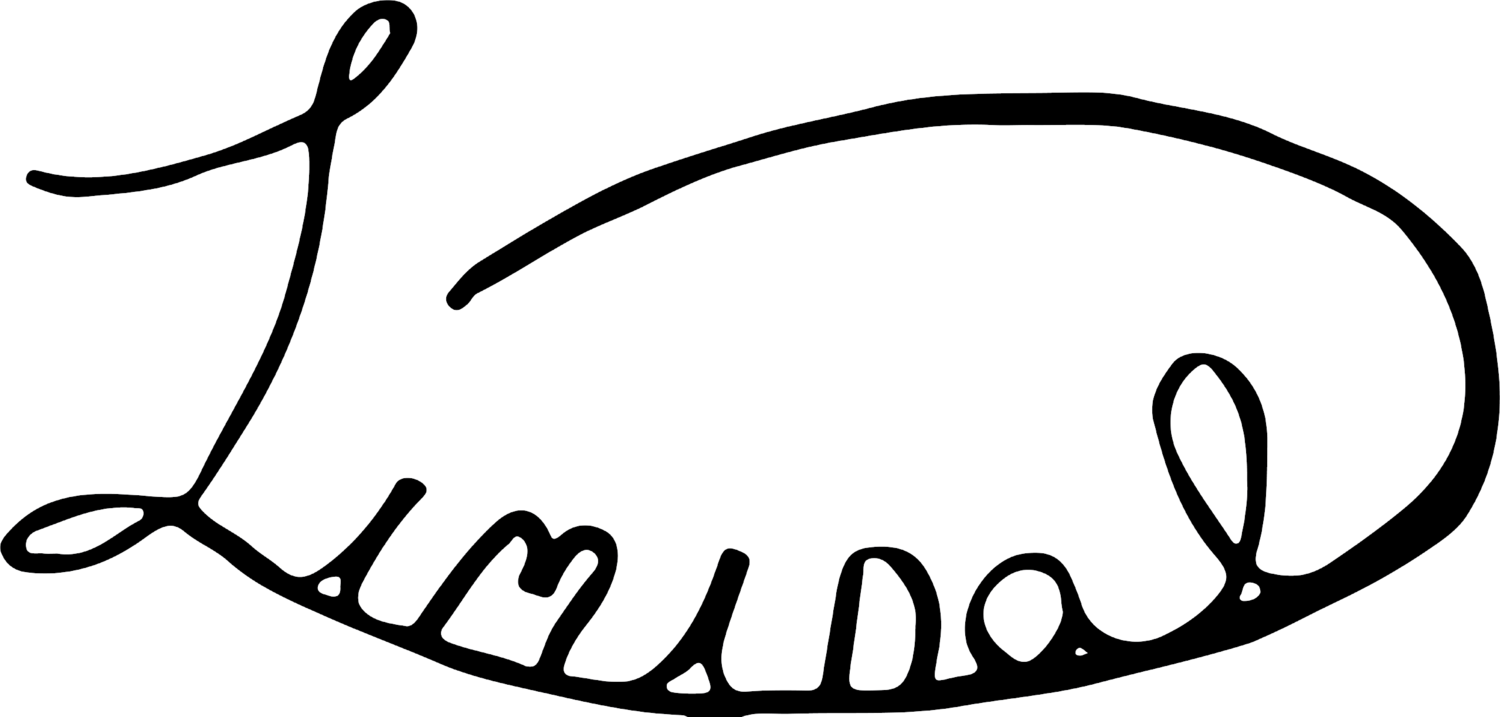GG: What are your first thoughts and feelings, as an artist and bay area resident, to the theme of “Embodying Spaces”?
Mg:As a woman of color, I am always aware of my body and how it occupies certain spaces. My mother would call this public face/home face. In this current moment and time I want to embody dissent in my being, the work I’m putting into the world and on the page. I want to be louder, more guttural, animalistic in my refusals especially in the normalization of fascist gestures. I want to cry, hold your hand, and burn everything down.
GG: LIMINAL’s pre-opening event in February 2015 introduced the tagline “theory made actual” as a presentation of an actual space in which women and gender nonconforming folks could come to write. At our first Soiree in 2016, the tagline was “Support Deviance: Inhabit the LIMINAL.” We went from theory to actuality to inhabiting. Now, in 2017, we are setting forth the notion of “Embodying Spaces.” What differences do you see between inhabiting and embodying? What, in your own creative work or in the work of others that you admire, can you point to that demonstrates this difference?
Mg: Embodied writing seeks to reveal the lived experience of the body through intersecting language and the senses whereas inhabiting is the physical occupation of a space. Embodiment gives form to the experiences of the body, but then again, can writing itself be an act of embodiment?
GG: What are you currently working on and what is it informed by or inspired by? Does the notion of “embodiment” interact with your work any way?
Mg: I am always thinking about landscape and belonging—the point when a thing ceases to be beautiful and becomes a nuisance. I suppose this is a constant thread in Anemal Uter Meck, which is a meditation of sorts on mistranslation, which includes the ways in which the body, illness, identity, gender, landscape, race, language, and the environment are mistranslated all the time. No?
This notion extends into my latest project entitled BEARING, which interrogates the notion of being emplaced, to be put into position in terms of historical and bodily displacement. A deliberation on the quality or state of being a notation on the grid, an act of documenting: a wide-open space. In this work, I wanted to archive the way landscapes and bodies aren’t distinctive of quality, but rather in oscillation. Like nature, the body keeps moving, is never stable, especially in terms of context and its relation of relevance. The embodiment of the load on one’s person and the grouping of space—submissions a body/landscape must undergo to frame or enact on.
GG: How long have you lived in the Bay Area? What are your thoughts on the writing/arts scene of the Bay Area now and in the past? How have things changed? What are your hopes and your worries?
Mg: I grew up in East Side San Jose, but I’ve lived a lot of places including Kentucky, Nashville, Berlin, and Amsterdam. I’ve called Oakland home since 2005. A lot has changed in the Bay Area as a whole. Housing is ridiculously expensive, there are so many nice places to eat and drink, numerous venues to go and listen to others read, and so many less People of Color.
GG: In our society, whose mainstream looks at gender as a binary system, what does it mean to embody a space in your genuine expression of gender? What would you ask for in all arts spaces of the Bay, in order to make your expression of gender welcome? Alternately, where are spaces in the Bay Area that are welcoming of art and artists of all gender expressions and what do you credit this welcoming to?
Mg: I really love the community you are helping build with Liminal. It feels like a space where safety and humanity are priorities, where writing and community is at the forefront. I think that is the thing I most appreciate about your work: generosity.
GG: What, would you say to other writers, especially women in the Bay Area, about the importance of “Embodying Spaces” going into 2017?
Mg: I feel it is important to show up and to keep imposing one’s body on/in a space— as long as safety allows—but that is just me.
BIO:
Born in Subic Bay, Philippines, Mg Roberts is a poet, multimedia artist & publisher. She is author of the poetry collections Anemal Uter Meck (Black Radish Books, 2017) and not so, sea (Durga Press, 2014). She is a Kundiman Fellow, Kelsey Street Press member, VONA/Voices Alum, and sits on the Board of Small Press Traffic. Her work has appeared in the Stanford Journal of Asian American Studies, Dusie, Bombay Gin, Web Conjunctions, Smarginature, Elderly and elsewhere. She co-edited the anthology Nests and Strangers: On Asian Women Poets (Kelsey Street Press) along with Timothy Yu and is currently co-editing Responses, New Writing, Flesh with Ronaldo Wilson and Bhanu Kapil (forthcoming from Nightboat Books); an anthology on the urgency of avant-garde writing written for and by writers of color. She lives in Oakland with her three daughters, two hens, one puppy, and geologist husband.
ANEMAL UTER MECK (Black Radish Books 2017)
NESTS AND STRANGERS: ON ASIAN AMERICAN
WOMEN POETS (Kelsey Street Press 2015)
not so, sea (Durga Press 2014)

